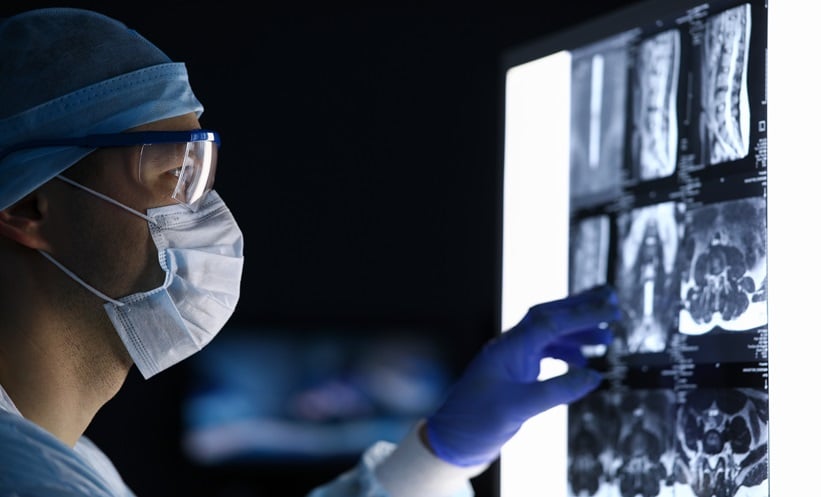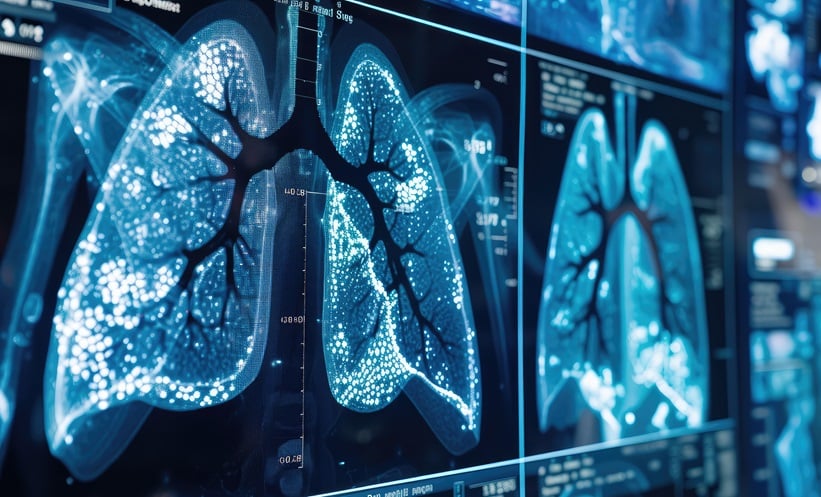ARTIFICIAL intelligence (AI) can predict whether adult patients with brain cancer will survive more than 8 months after receiving radiotherapy. The first use of AI, in predicting short- and long-term survival, has been documented by researchers from King’s College London, UK.
Currently, patients are regularly scanned to assess the success of chemotherapy, but this research aims to give an instantaneous and accurate prediction from one MRI scan, allowing doctors to identify patients who would not benefit from chemotherapy, or trying a different treatment course. A deep learning model was employed to accurately predict outcomes for patients with primary brain cancer, applied to predict whether glioblastoma patients would survive 8 months after receiving radiotherapy. This time period was selected, as it is the length of a typical course of routine chemotherapy following radiotherapy.
Retrospective and prospective data were collected from 206 patients with glioblastoma, diagnosed between March 2014 and February 2022, across 11 UK centres. Models were trained on 158 retrospective patients from three centres. The study investigated the influence of individual MRI sequences, non-imaging features, and weighted dense blocks pretrained for abnormality detection. The imaging model outperformed the non-imaging model in all test sets (area under the receiver-operating characteristic curve; p=0.038) and performed similarly to a combined imaging/non-imaging model (p>0.05).
Alysha Chelliah, a researcher at King’s College London, described the purpose of this investigation: “This approach is intended to improve the ability to identify patients who require early second-line treatment or clinical trial enrolment, compared to those showing initial treatment response.” Thomas Booth, King’s College London, went on to emphasise the importance of their findings: “This study was motivated by a clinically-attuned and critical research question regarding aggressive brain tumours, and delivered by leveraging cutting edge AI. Whilst less common than other cancers, the devastation is disproportionate, with a 2-year survival rate of 18%.”
The current study brought forward the conclusion that a deep learning model, using MRI images after radiotherapy, can reliably and accurately determine survival of glioblastoma. This model will serve a prognostic biomarker, identifying patients who will not survive beyond a typical course of adjuvant temozolomide, and thereby stratifying patients who might require early second-line or clinical trial treatment.








